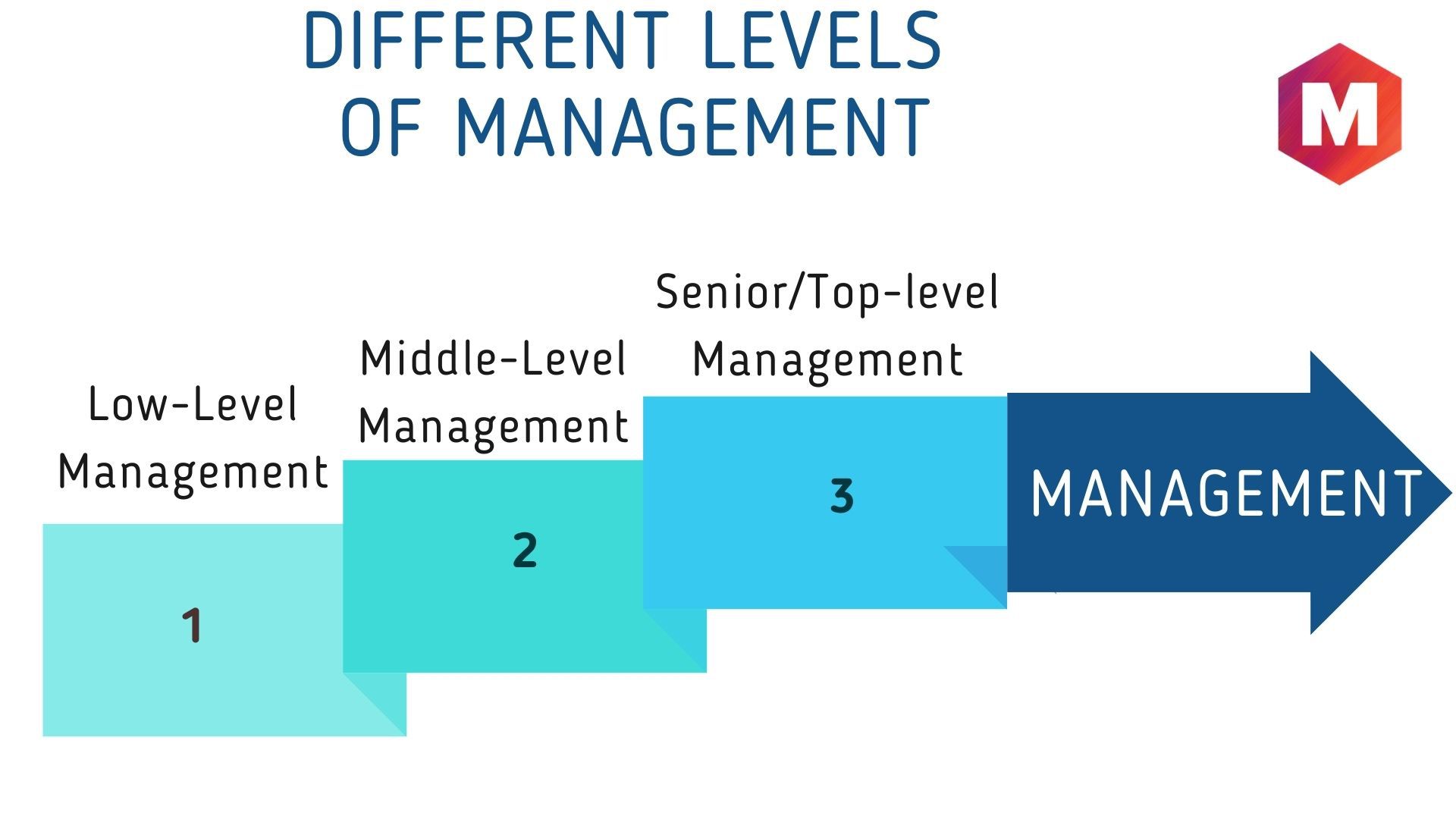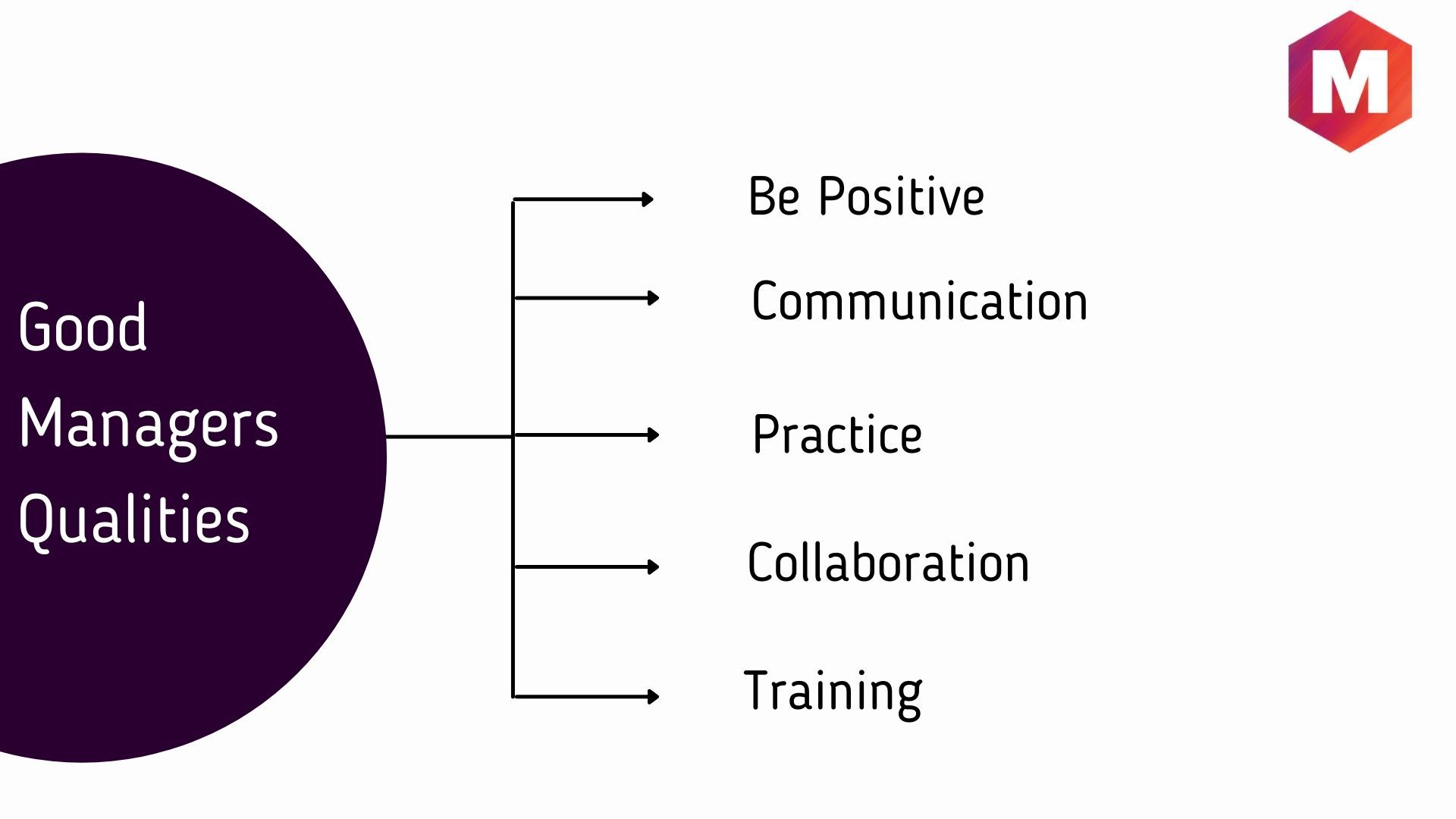
What is Management and Its Types: Exploring Features, Functions, and Styles

Management is the process of directing and controlling an organization's affairs and functions to achieve its goals It involves setting objectives, organizing resources, motivating employees, staffing, and controlling operations Management is multi-dimensional, universal, and a continuous process It requires intangible force and dynamic function There are three levels of management: low-level, middle-level, and senior/top-level Managers can adopt democratic, persuasive, or laissez-faire management styles, and good managers exhibit positive attitude, effective communication, collaboration, training, and practice
What is Management?
Definition: Management is a process that administers and controls all the different affairs and functions of an organization to accomplish a business or specific goal.
The role of management within an organization encompasses the critical tasks of strategizing, implementing, and coordinating efforts among all team members to achieve business objectives. This involves utilizing available resources to create an efficient and effective work environment that fosters progress towards set goals within established parameters.
A well-designed management system is crucial for an organization's success in achieving its goals. While the specific duties and tasks of management may vary across industries and workplaces, certain fundamental principles of effective management remain constant.
Effective and efficient management encompasses various aspects that enable a business to run smoothly. A crucial aspect is the understanding of duties by the management, and the ability to perform them with accuracy and consistency.
Features of Management
What makes management the root of every organization?
The key to successful management lies in implementing result-driven and empowering decision-making processes, which can be achieved through a variety of features. Let's explore some of the key components of an effective management system.
1. Universal
All organizations, small or big, profit or non-profit, require a management team to overlook all the functions. Hence it is right to say management is universal.
2. Multi-dimensional
The responsibilities of management extend beyond simply coordinating with individuals. In addition to this crucial task, the management of any organization is also responsible for a range of other duties, such as planning, decision making, leadership, and even motivation.
3. Goal-oriented
Every organization has a set of objectives that it strives to accomplish. The management plays a crucial role in driving the company towards achieving these goals by overseeing the entire process. It is the responsibility of the management to ensure that the organization functions smoothly and efficiently.
4. Group Activity
Every organization is made up of its members, each with their own unique reasons for joining. However, in order to work towards achieving a common goal, it is important for individuals to function within the framework of the organization and its needs. Effective management plays a crucial role in ensuring that members work efficiently through supervision, coordination, and teamwork.
5. Continuous Process
The significance of management goes beyond just achieving a set goal. Its role is essential for the continuous functioning of the organization. With its crucial responsibilities, the management is an indispensable component that cannot be done away with.
6. Intangible Force
Something that is intangible cannot be perceived through physical senses. Management, for instance, is not a tangible entity but rather a set of processes and practices that govern the functioning of an organization.
7. Dynamic function
Organizations are subject to a variety of external influences, including social, legal, political, economic, and technological factors. Even the slightest change in these factors can have a significant impact on an organization's growth. Management plays a crucial role in ensuring that these factors are carefully balanced through the development of effective strategies and plans. While the fundamental principles of management are generally applicable across organizations, the specific approach taken will vary depending on the unique characteristics of each organization.
The next key thing that empowers a management system to work efficiently and effectively is the level of management, so let us delve into that here and now-
What are the Different Levels of Management?
1. Low-Level Management
Low-level management is responsible for supervising and motivating workers to achieve the desired goals while minimizing time wastage. It involves daily interaction with employees, directing their everyday tasks, planning their career paths, and managing the feedback system. Moreover, it focuses on maintaining the quality and quantity of work produced by the team.
2. Middle-Level Management
This management level is the communication channel between the top and the low management level. The work is overlooked by senior-level management.
The primary responsibility of this department is to convey directives and tasks from upper management to the lower levels. They are accountable to the top executives. The middle-level management typically comprises regional managers, department managers, and branch managers, who supervise and implement the policies and decisions made by the lower-level management.
3. Senior/Top-level Management
At the topmost level of management, you'll find the most senior executives - the chief executives, president, vice-president, and board of directors. Their responsibilities are paramount as they're in charge of setting the major goals and determining the organization's overall development strategy. It's their duty to formulate the company's policies and oversee the functioning of all other management levels. Additionally, since they're the highest-ranking members, they're also subject to greater scrutiny and media attention.
Functions of Management
The functions of management are complex. There aren’t any set rules to follow to leat management work efficiently and effectively.
to ensure coherence with the rest of the article.
Here is the rewritten fragment:
In order to effectively meet the demands of an organization, it is essential for management to perform functions that align with specific needs. The new management of an organization carries out various functions to ensure smooth operations and success, which will be discussed in
1. Setting objectives
.Management's primary responsibility is to provide employees with clear targets to strive towards. It is crucial that these targets are communicated in a way that motivates and inspires employees to work towards achieving them.
In simple words, it is to decide what to do in the future.
2. Organizing
Management plays a crucial role in assigning tasks and ensuring employee compliance. It is important for management to maintain positive interpersonal relations with their employees in order to foster a harmonious work environment. This harmonious atmosphere is essential for promoting productivity and ultimately contributing to the growth of the organization.
The management must enhance the performance of its employees by implementing measures and guiding.
3. Motivating
Managers go beyond just assigning tasks, they also use various techniques to motivate and keep employees engaged.
4. Staffing
This is one of the important jobs of management. It is important that the right people are hired to accomplish said tasks.
Hence the management looks after hiring people. The management is aware of the vacancies and knows what people to hire to maximize profit.
5. Controlling
Ensuring that employees work in alignment with the organization's plan is a crucial responsibility of management. This involves establishing performance standards that surpass current levels of output. Should employees fall short of meeting these standards, it is the duty of management to address the issue.
What are the Management Styles?
Management functions are essential for the effective functioning of an organization. However, the way in which these functions are executed may vary depending on the nature of the organization. It is important for managers to understand the unique needs of their organization and tailor their approach accordingly.Different organizations require different styles of management, and there is no one-size-fits-all approach. It's important to note that there is no such thing as a perfect management style, despite what some may claim. However, there are three types of effective management techniques that could assist managers in carrying out their responsibilities.
1. Democratic management style
Involving team members in decision making, as the name implies, is a management style that fosters open communication between employees and management. By doing so, management gains a better understanding of the skills and strengths of their team members. This approach also encourages the generation of fresh and innovative ideas that can benefit the organization. However, it is important to note that allowing for open discussion may also result in the presentation of irrelevant or unimportant ideas, which can hinder the decision-making process.
2. Persuasive Management Style
Persuasion is the key element in this management style, as opposed to a directive approach. Effective communication is vital in order for managers to be aware of the daily activities of their employees. Managers are actively involved in the day-to-day work of their team members, fostering a more collaborative and engaged work environment.
3. Laissez-faire Management
The management style focuses on mentoring rather than just managing. Employees are trained to make decisions step-by-step and are given thorough assistance, which instills confidence and assures them that they can successfully lead a project.
This kind of leadership thrives by giving their employees creative lead and control over various projects.
What Qualities Make Good Managers?
Successful managers possess a variety of skills that directly impact an organization's performance. It is crucial for managers to integrate these qualities into their leadership style for the betterment of the organization. Here are some of the key skills that successful managers should possess:
1. Be Positive
Being the driving force behind productive work in an organization can be a challenging task for any manager. It requires the ability to instill positivity in the workplace and motivate employees, which is an essential skill for success.
2. Communication
It is one of the most basic skills a manager must possess. The manager must be clear on what the organization requires out of its employees for the latter to work efficiently.
3. Practice
Experience breeds excellence. A manager's ability to efficiently carry out their company responsibilities is heavily influenced by their real-life experience in the field and understanding of how it operates.
4. Collaboration
Effective management involves more than just holding a position of authority. Collaborating with employees is crucial in achieving organizational goals and gaining a deeper understanding of the contributions required at all levels of the company.
5. Training
Evaluating the team's performance and identifying areas for improvement is a crucial responsibility of management. One effective way to enhance employee skills and boost their performance is through training. Managers should have a good understanding of each employee's strengths and weaknesses and recommend training programs as needed.
Conclusion
Management is one of the base roots of an organization and is essential for its smooth functioning.
Managers play a crucial role in the daily operations of an organization, providing direction and ensuring smooth functioning. Without effective management, an organization risks losing its way and failing to achieve its objectives. What is your own definition of management? Share your thoughts with us in the comments below.
Do you have any confusion about management definition? Ask M91 experts to get personalized tips.















